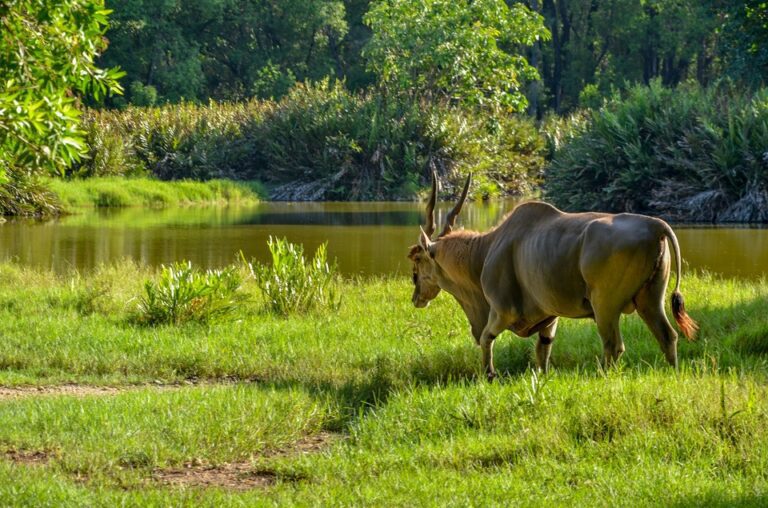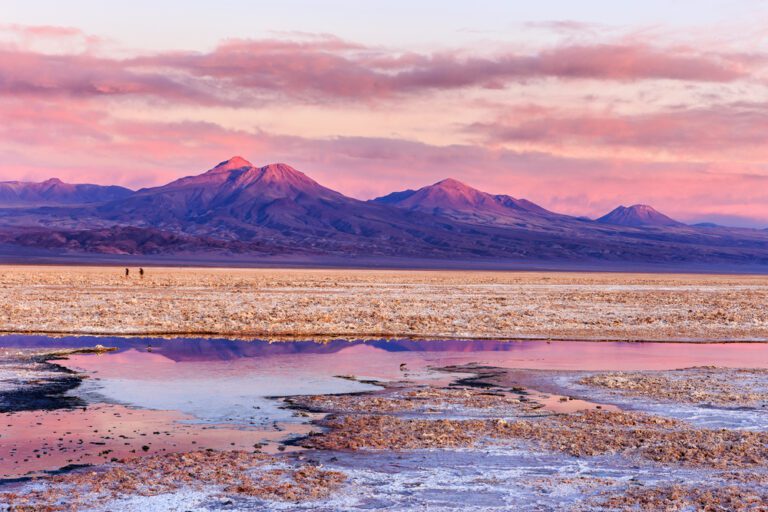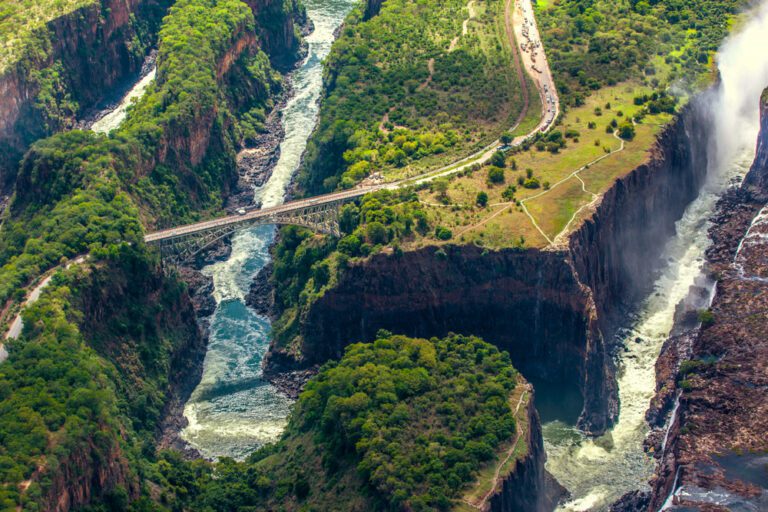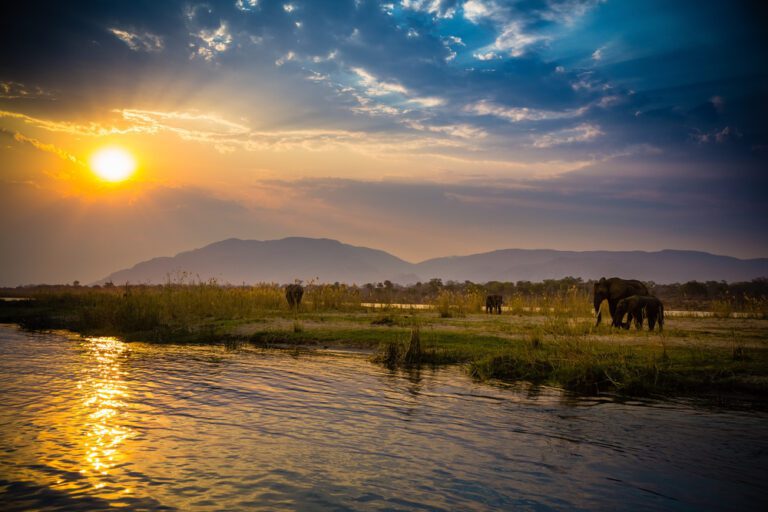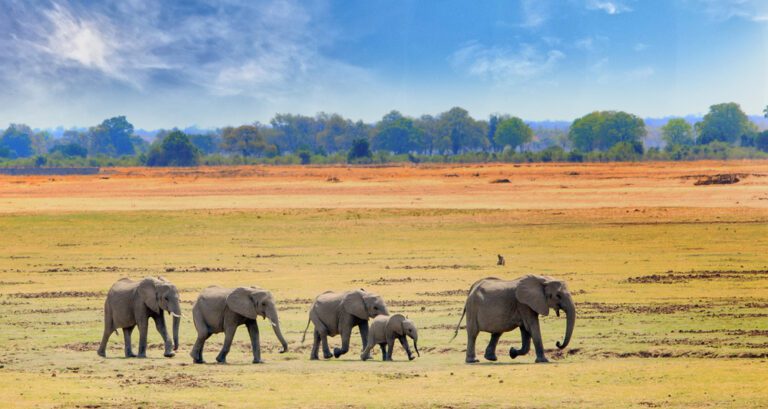As home to more than half the world’s population of endangered mountain gorillas, Uganda often tops the bucket lists of travel enthusiasts seeking to come face to face with a majestic silverback in the wild. Beyond the once-in-a-lifetime opportunity of gorilla trekking, Uganda offers a diverse range of nature, wildlife, and immersive cultural activities that will open travelers’ eyes, minds, and hearts to the endless beauty of an African experience. Now planning a trip to Uganda is easier than ever with a new online visa application program, and the Uganda Tourism Board invites travelers to plan their trip to experience gorilla trekking, a “Big Five” safari, and so much more.
Big Game And The Mighty Nile – The dramatic landscape of Murchison Falls National Park provides a breathtaking backdrop for Uganda’s most robust wildlife viewing. Located at the northern end of the Albertine Rift Valley, an hour northwest of the capital city Kampala by air, Murchison Falls boasts 76 species of mammals and 451 species of birds. Big game in Murchison includes elephants, lions, leopards, and buffalo, along with giraffes, waterbucks, warthogs, and more. The park is bisected by the Victoria Nile, where resident crocodiles and hippos and other visiting wildlife can be found. The river plunges nearly 150 feet over the remnant rift valley wall to create the dramatic falls – the centerpiece of the park – and the mighty cascade drains the last of the river’s energy, transforming it into a broad, placid stream that flows quietly across the rift valley floor into Lake Albert.

Chimpanzee Trekking In Budongo – Primate lovers come to Uganda for the gorillas and stay for the chimpanzees. (Just ask famed researcher Jane Goodall, whose institute founded and operates Budongo Eco Lodge here.) Budongo Forest Reserve, located within Murchison Falls National Park, is home to nearly 700 of these playful primates including six groups habituated to humans. Knowledgeable guides follow the chimps’ daily movements and lead trekking groups of up to six people into their habitat. It can take anywhere from 30 minutes to a full day to locate a group of chimps, giving ample time for participants to learn about the forest’s ecology before spending an hour watching a chimp family play, swing from trees and interact.
Conservation in Action At Ziwa Rhino And Wildlife Ranch – Ziwa Rhino and Wildlife Ranch is the only place in Uganda where visitors can see rhinoceros in the wild. The ranch, a collaborative effort between the Uganda Wildlife Authority and Rhino Fund Uganda, serves as a sanctuary for 1 5 southern white rhinos, allowing the animals to live and breed in a protected environment. In addition to the rhinos, more than 40 species of mammals, reptiles, and birds call Ziwa home. Ziwa Rhino and Wildlife Ranch is located halfway between Kampala and Murchison Falls and is a fun and educational way for those traveling by road to break up the five-hour trip.

Birding In Queen Elizabeth National Park – Classified as an Important Birding Area by Birding International, Queen Elizabeth National Park in southwestern Uganda is home to more than 600 species of birds -more than any other national park in East Africa. Its diverse landscape comprised of savanna, forest, and crater lakes allows visitors to spot species from eastern and central Africa such as the Martial Eagle, Black-Rumped Buttonquail, African Skimmer, Pinkbacked Pelican, African Broadbill, and Shoebill.
Immersive Cultural Experiences – The culture of Uganda is defined by its colorful communities and more than 50 distinct tribes. Each area of the country offers opportunities for visitors to interact with the locals and learn about their lives, customs, and livelihoods. Activities like The Batwa Experience offer a glimpse into the living history of this pygmy tribe that once called Uganda’s forests home. Communities across Uganda that focus on sustainable economic projects such as basket weaving and beekeeping teach visitors about their craft and give them a chance to test their skills first-hand. Many lodges support nearby villages by providing a portion of their nightly rates to help fund community development projects. Because of this close relationship, community organizations often visit lodges to interact with visitors and put on cultural performances featuring dance, music and song.


